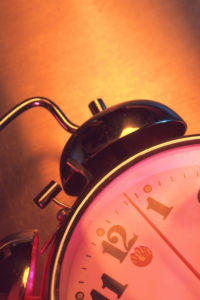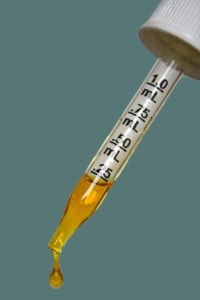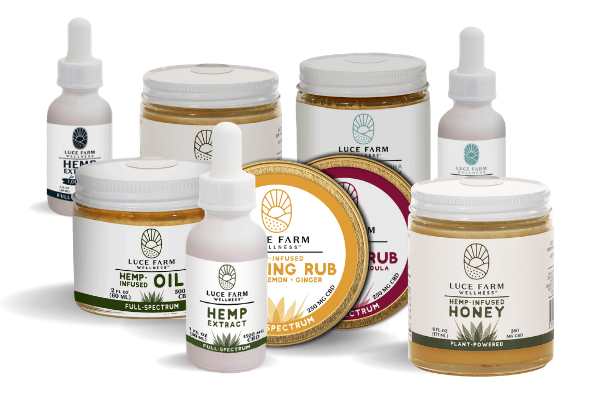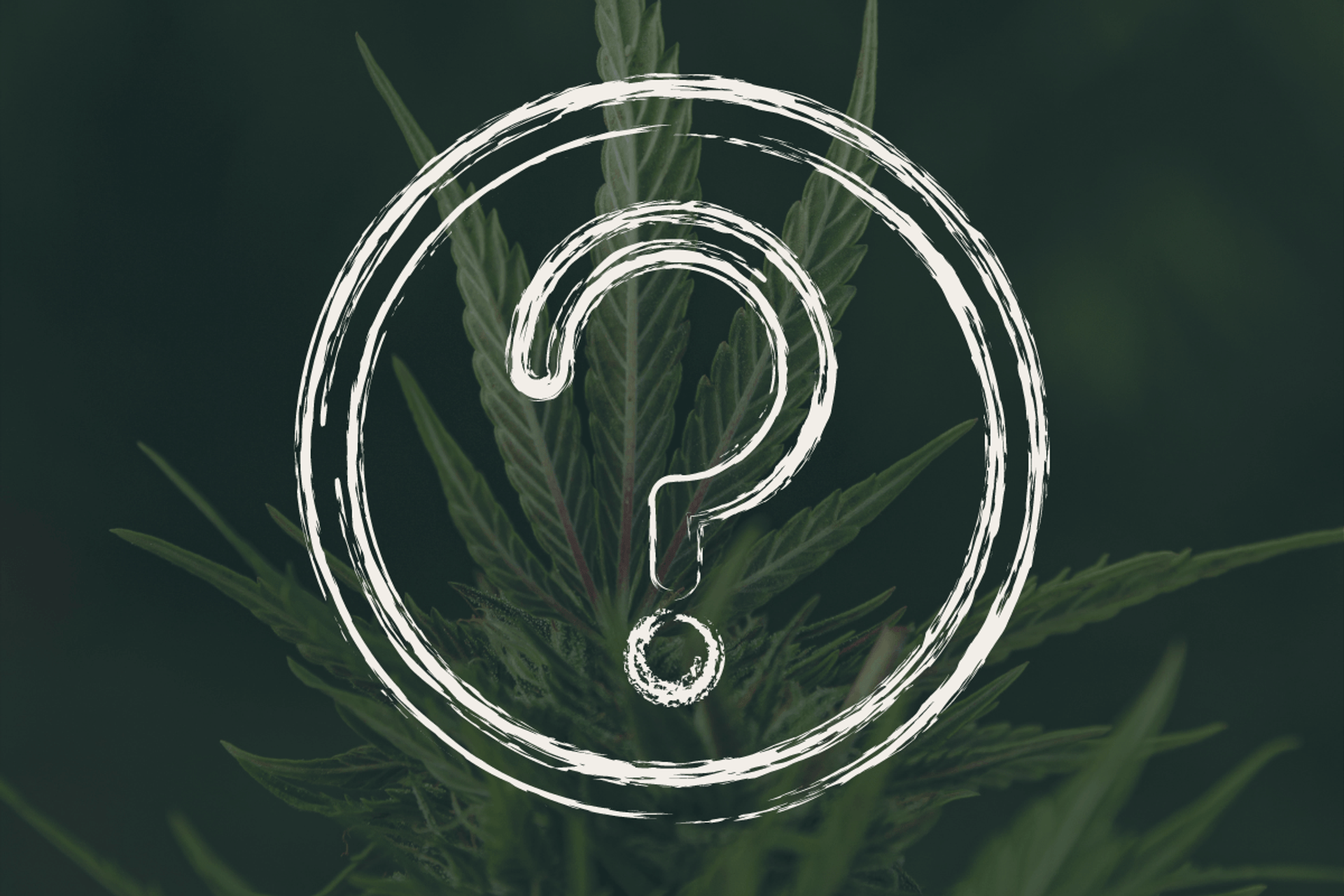5 Common Myths About CBD
5th Apr 2021
These days, the internet is full of misinformation about CBD. Even well-meaning outlets sometimes get it wrong. That’s why we’re here to set the record straight. Without further ado, let’s bust the top 5 myths about CBD.
Myth #1: CBD Will Get You High
THC is the main psychoactive compound found in cannabis. Lab-tested, federally compliant CBD products contain a THC concentration of 0.3 percent or less. This is considered a trace amount and is highly unlikely to produce psychoactive effects. If you’re using high-quality CBD, you shouldn’t be worried about getting high.
The difference between THC and CBD lies in how these two cannabinoids interact with the Endocannabinoid System, or ECS. The ECS has two types of receptors: CB1 and CB2. THC binds to these receptors, resulting in effects like euphoria and heightened sensations.
CBD, on the other hand, has a weak affinity to CB1 and CB2 receptors. Rather, CBD modulates the uptake of our own endocannabinoids. This indirect influence has a number of benefits in terms of promoting homeostasis throughout the body, but it does not cause intoxication. If you’re worried about getting high with CBD, be sure to verify that your CBD product contains less than 0.3 percent THC.
Does CBD show up on drug tests?
Most advanced drug tests differentiate between the presence of different cannabinoids. This is how it’s now possible for many sports players to use CBD during the competitive season. The use of THC is prohibited in most international sporting competitions, but the World Anti-Doping Agency has recently approved the use of CBD.
More primitive tests may return a positive test result when ANY cannabinoids are present, which can pose a problem when drug testing is required for employment or eligibility. So, while it’s unlikely that a federally-compliant CBD will cause you to have a positive drug test result, it might be wise to consider refraining from use before being tested.
Myth #2: CBD Will Make You Tired
 While many users have noted that CBD can help them get a good night’s rest, it has not been FDA approved as a sleep aid. CBD can be used during the day without causing impairment.
While many users have noted that CBD can help them get a good night’s rest, it has not been FDA approved as a sleep aid. CBD can be used during the day without causing impairment.
So where did the myth that CBD makes you tired come from? There are two possibilities. First, some people confuse the effects of marijuana with CBD. While consuming marijuana (which contains high amounts of THC) can cause sleepiness, CBD has a very different set of effects on the body.
CBD can help promote a calm state of mind. If you struggle with racing thoughts as you lay in bed, CBD can help you feel more at peace. A calmer mind may help you enjoy sleep better at night, but that doesn’t mean that CBD causes drowsiness. In fact, many people take CBD in the morning to enjoy a wellness boost before a long day at work.
Another explanation for the origin of this myth may not have to do with CBD at all. Traditionally, strains with high amounts of CBD also contained high amounts of myrcene. Myrcene is a terpene that may promote better sleep. While a full spectrum CBD product is likely to contain some myrcene, the amount that is present will vary greatly based on the strain from which the CBD is extracted. If you’re concerned that the myrcene in your CBD product will make you feel sleepy, try taking your first serving at night a few hours before bed, and see how it makes you feel.
Myth #3: CBD Doesn’t Have Any Benefits
Some users have stated that they used CBD and felt nothing. Before writing CBD off, it’s important to evaluate a number of factors that go into that statement. Were they using potent and effective CBD, or low quality, ineffective products? Were they expecting to feel the same effects as marijuana? Did they have a specific wellness concern they wished to address? Evaluating CBD’s effectiveness without a specific wellness goal in mind has been likened to taking Tylenol for no reason...how would you ever know if it works?
If it doesn’t get you high or put you to sleep, you may be wondering if CBD will do anything for you at all. As mentioned previously, CBD interacts with the ECS, a system that performs countless regulatory functions throughout the body. When a system begins to function improperly, the ECS gets to work to restore balance. CBD helps by adding a cannabinoid boost to the endocannabinoids that are already produced by the human body.
The following are just a few studies that point to the effectiveness of CBD:
- https://pubmed.ncbi.nlm.nih.gov/29538683/
- https://www.sciencedirect.com/science/article/abs/pii/S0944711313004728?via%3Dihub
- https://www.ncbi.nlm.nih.gov/pmc/articles/PMC5425583/
Myth #4: More CBD = Better Results
 We’ve established that CBD can promote wellness in a number of ways. Some people might think that if a little CBD is good, a lot must be better. As it turns out, taking excessive amounts of CBD isn’t necessary. In fact, researchers have found that CBD’s effectiveness follows an inverted U-shaped curve. What does this mean? Once you find a serving size that works well for you, there’s no need to increase it.
We’ve established that CBD can promote wellness in a number of ways. Some people might think that if a little CBD is good, a lot must be better. As it turns out, taking excessive amounts of CBD isn’t necessary. In fact, researchers have found that CBD’s effectiveness follows an inverted U-shaped curve. What does this mean? Once you find a serving size that works well for you, there’s no need to increase it.
For example, perhaps you use CBD to promote a sense of calm and wellbeing during the day. You may have noticed that 20mg per day makes you feel good and 30mg per day helps you feel great. You might be surprised to find that 40 mg doesn’t make you feel 33% better, but rather exactly the same as the smaller serving. This is a good indication that 30mg is your “sweet spot,” and there’s no need to increase your daily serving size beyond it.
Keep in mind that this is just an example, and the right serving size for you might be greater or smaller. The key is to start with a small serving and increase gradually until you achieve the desired results. You can learn more about finding the right CBD dose for you here.
Myth #5: All CBD is the Same
You’ve probably seen CBD at the grocery store checkout, the pharmacy, and everywhere in between. Oils, creams, cosmetics, gummies, and even CBD-infused honey have made their way to the market. Are all of these products the same quality? The answer is: unfortunately not. In fact, some hemp-based products that are marketed to promote health contain little or no CBD at all.
Although regulations regarding CBD products do exist, CBD quality can range from highly effective to completely useless. That’s why it’s extremely important to make sure you know what to look for in high-quality CBD.
How to Find High-Quality CBD:
- Look for certified organic: Certified organic CBD can ensure that the hemp was cultivated using natural methods that are in harmony with the ecosystem, without pesticides and harmful additives. At Luce Farm, we know that organic CBD is the best way to experience natural wellness benefits. That’s why our hemp is grown using all organic practices and carries the USDA Certified Organic seal.
- Choose full-spectrum: There are two distinct varieties of CBD: Full-spectrum hemp extract and CBD isolate. As the name suggests, CBD isolate is essentially 99% pure CBD. While this sounds great in theory, it’s kind of like skipping the cake and just eating pure sugar. While it is still sweet, you miss out on the overall experience of a complete dessert. Full-spectrum hemp extract contains high amounts of CBD, but it also contains a number of other beneficial compounds that work better together to provide an enhanced wellness boost. This increased benefit is known as the entourage effect.
- Supercritical CO2 extracted: In addition to the quality of the ingredients, it’s important to look into the method used to extract CBD from the hemp plant. CBD can be extracted physically or chemically. Lower-quality manufacturers often use chemical methods like butane or hexane extraction, which can leave behind traces of chemical solvents in the final product. Supercritical CO2 extraction uses carbon dioxide—the same gas that we exhale and that plants convert to oxygen—to separate cannabinoids like CBD and CBG from the plant material. This process is chemical-free and leaves behind no residual solvents. At Luce Farm, we use supercritical CO2 extraction because we firmly believe it produces a superior hemp extract.
- Lab Tested: High-quality CBD should be lab-tested to verify its purity and potency. Lab tests also check for substances such as pesticides, heavy metals, and other unwanted ingredients. If you’re looking for the safest possible CBD products, lab testing is a must.
We hope we’ve cleared up some of the confusion that still surrounds CBD products. If you’re looking for CBD that meets and exceeds the highest standards, be sure to check out our selection of high quality CBD products.

